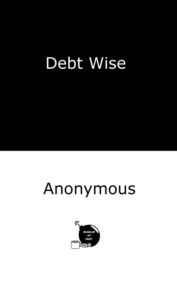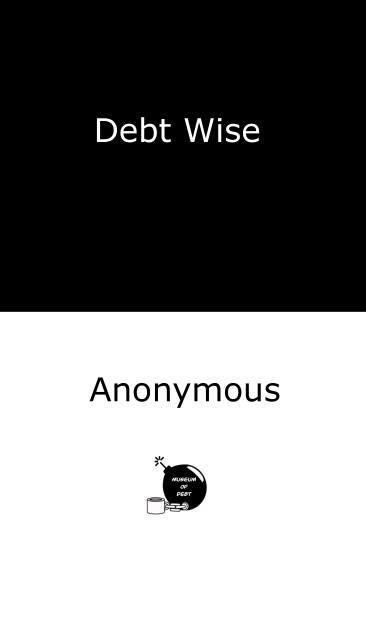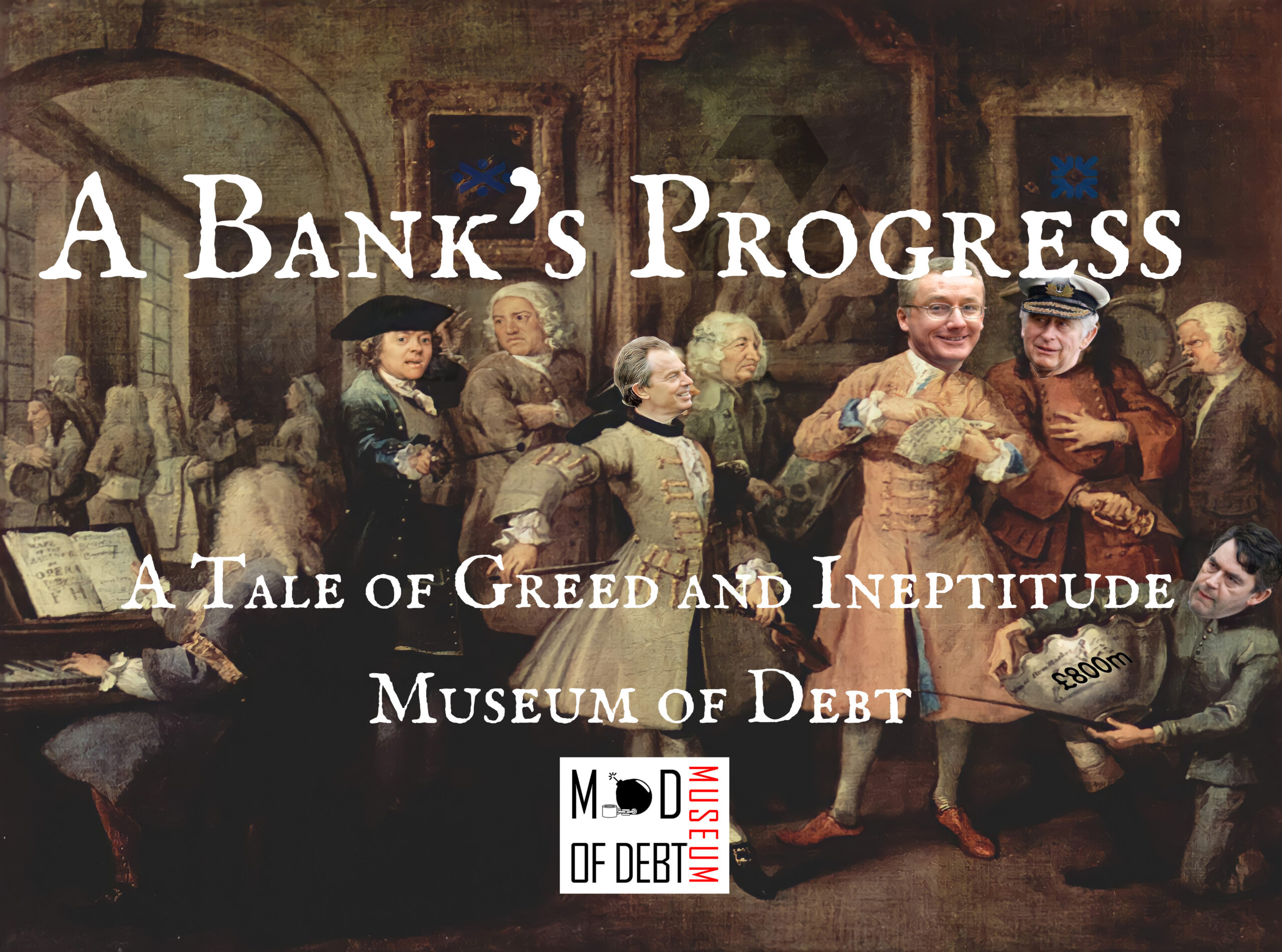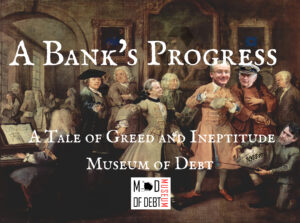Mad folks and proverbs reveal many truths – American Proverbs (1992)

This book is a collection of proverbs and aphorisms about debt, gathered from online sources and arranged alphabetically. It offers readers a glimpse into the diverse cultural attitudes surrounding debt, highlighting the complex and often contradictory views that societies hold toward borrowing and lending.
The majority of the proverbs are anonymous or have been repeated so often that their original sources are unknown. While most sayings are rooted in Western traditions, the collection also includes proverbs from China, India, and the Middle East, reflecting the universal relevance of debt across cultures. Additionally, several proverbs are attributed to Shakespeare, underscoring how the theme of debt has long permeated literature and thought.
The collection highlights the moral ambiguity associated with debt, a tension also discussed in David Graeber’s Debt: The First 5000 Years. Both creditors and debtors are often criticized in equal measure, revealing society’s conflicted relationship with financial obligation. On one hand, debt is seen as a burden that can lead to shame or moral failure. On the other hand, lending is not without reproach, as creditors are sometimes portrayed as exploitative or unforgiving.
By compiling these sayings, the Museum of Debt offers a nuanced view of how different societies navigate the moral complexities of debt. It invites readers to reflect on the wisdom (or folly) embedded in these time-honored proverbs, exposing the underlying values and contradictions that continue to shape modern financial relationships. Whether humorous, cynical, or cautionary, the sayings collected in this book serve as timeless reminders of the cultural and ethical dilemmas that accompany the exchange of money.
Available from bookstores as part of the Museum of Debt series.


